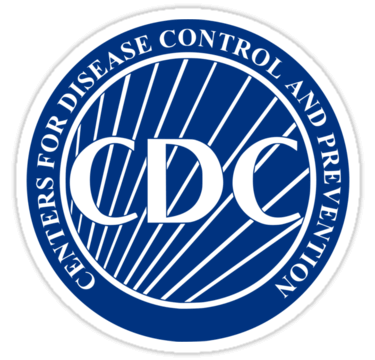The CDC tells us the real scale of the problem:
Healthcare-associated infections (HAIs) represent a huge problem and the figures from the CDC and ECDC give a sense of its scale: Respectively, they estimate that each year, 1.7 million people in the US and 4.2 million in Europe acquire a HAI. These numbers make them the most frequent adverse event related to healthcare delivery, and amount to about 1 in 20 patients in these developed regions, and to around 1 in 10 in developing countries. Fortunately, most of these infections do not prove fatal; however, many of the pathogens involved are now resistant to antibiotics, so that in the US for example, they still manage to kill around 100,000 people a year, more than breast and prostate cancer combined.
HAIs greatly increase a patient’s time in hospital (by three according to the CDC), so their economic impact is large: Direct costs to European healthcare providers are about $8 billion per year, while those for the US system are $30 – $50 billion. The financial burden for individual US healthcare providers and institutions has increased recently with those performing poorly on infection control (bottom 25%) having had their Medicare payments reduced by 1% since the end of 2015. Moreover, since 2008, reimbursements for some common HAIs have been cut completely.
Through all these clouds of doom and gloom, some light has managed to penetrate, in the form of the latest CDC and ECDC reports. In the US and Europe at least, incidence of most HAIs now appears to be in decline, with US figures for central-line-associated bloodstream infections (CLABSIs) and abdominal hysterectomy surgical-site infections (SSIs) showing the greatest reductions: 50% and 17%, respectively, between 2008 and 2014. These reports indicate that increased staff and patient awareness, combined with systematic use of infection-control protocols and equipment, can yield substantial progress on this critical but preventable issue.
Healthcare-associated infection remains a massive problem that is continually evolving in terms of both pathogen biology and the ways in which infection is spread through clinical environments. However, it is also a highly manageable problem when appropriate systems, behaviours and equipment are widely adopted. This is, of course, a lot easier said than done, but it’s definitely worth the effort!


 NHS AWAITS NEW MEDICAL-GRADE RUGGEDIZED IPAD CASE TO SUPPORT INFECTION CONTROL
NHS AWAITS NEW MEDICAL-GRADE RUGGEDIZED IPAD CASE TO SUPPORT INFECTION CONTROL Developed in consultation with doctors and nurses at Great Ormond Street Hospital for Children, the FlipPad™ can hang on any standard NHS bedrail and be operated by a clinician wearing standard surgical gloves whilst also examining their patient. In addition the FlipPad™ also features a new antimicrobial glass to resist bacterial growth, and the materials used are approved for use in operating theatres and elsewhere in the NHS where infection prevention is important.
Developed in consultation with doctors and nurses at Great Ormond Street Hospital for Children, the FlipPad™ can hang on any standard NHS bedrail and be operated by a clinician wearing standard surgical gloves whilst also examining their patient. In addition the FlipPad™ also features a new antimicrobial glass to resist bacterial growth, and the materials used are approved for use in operating theatres and elsewhere in the NHS where infection prevention is important.